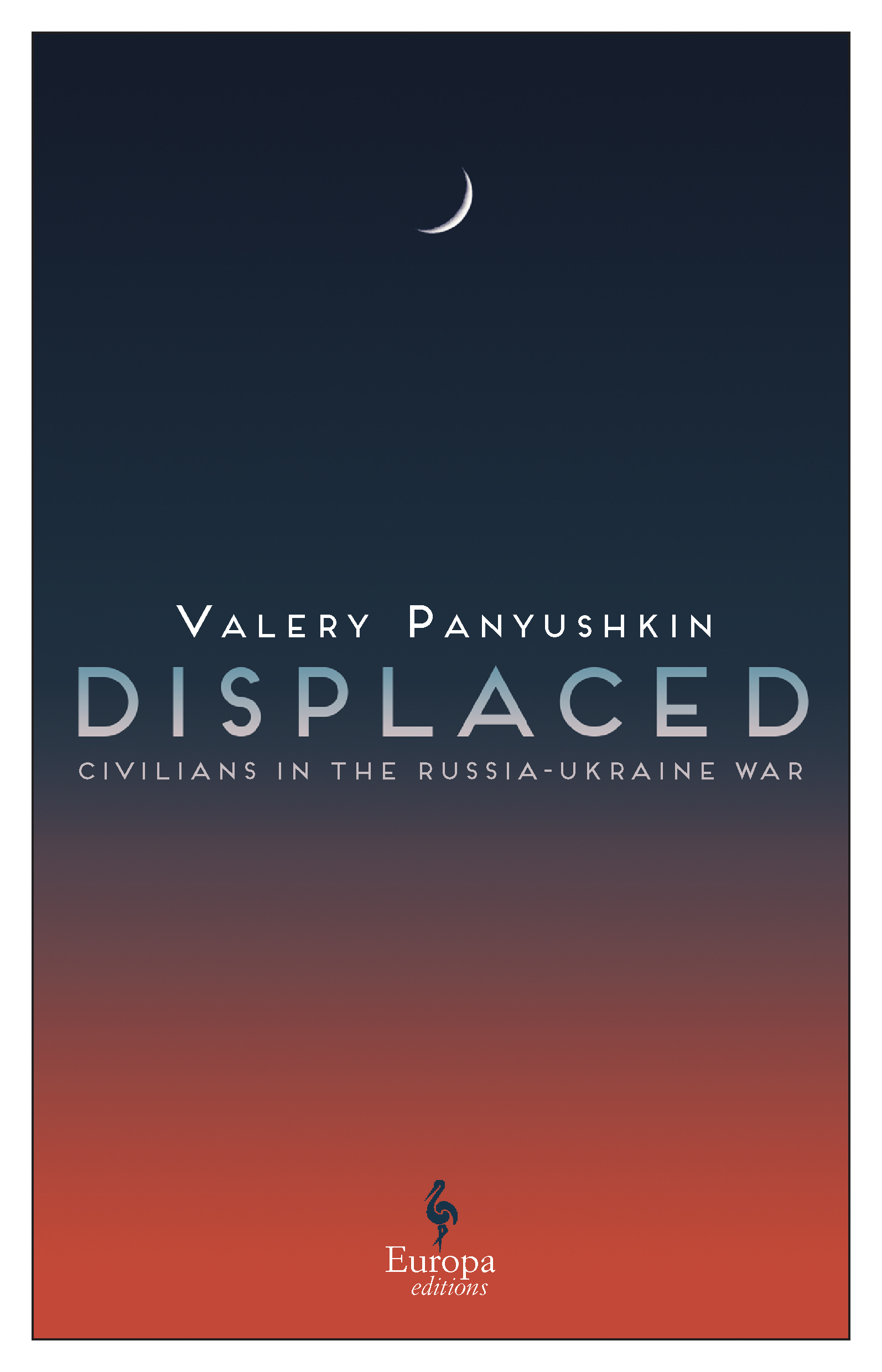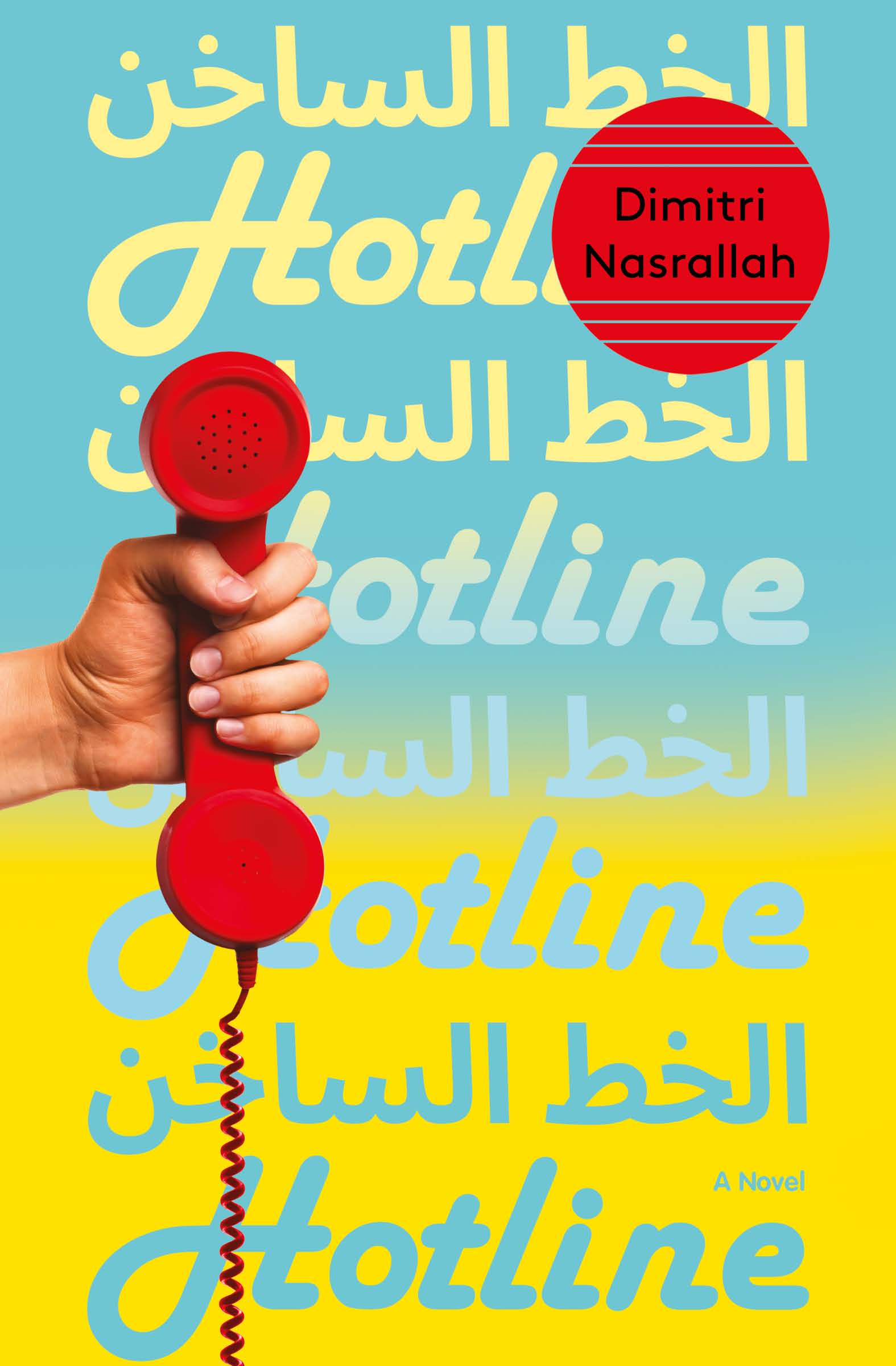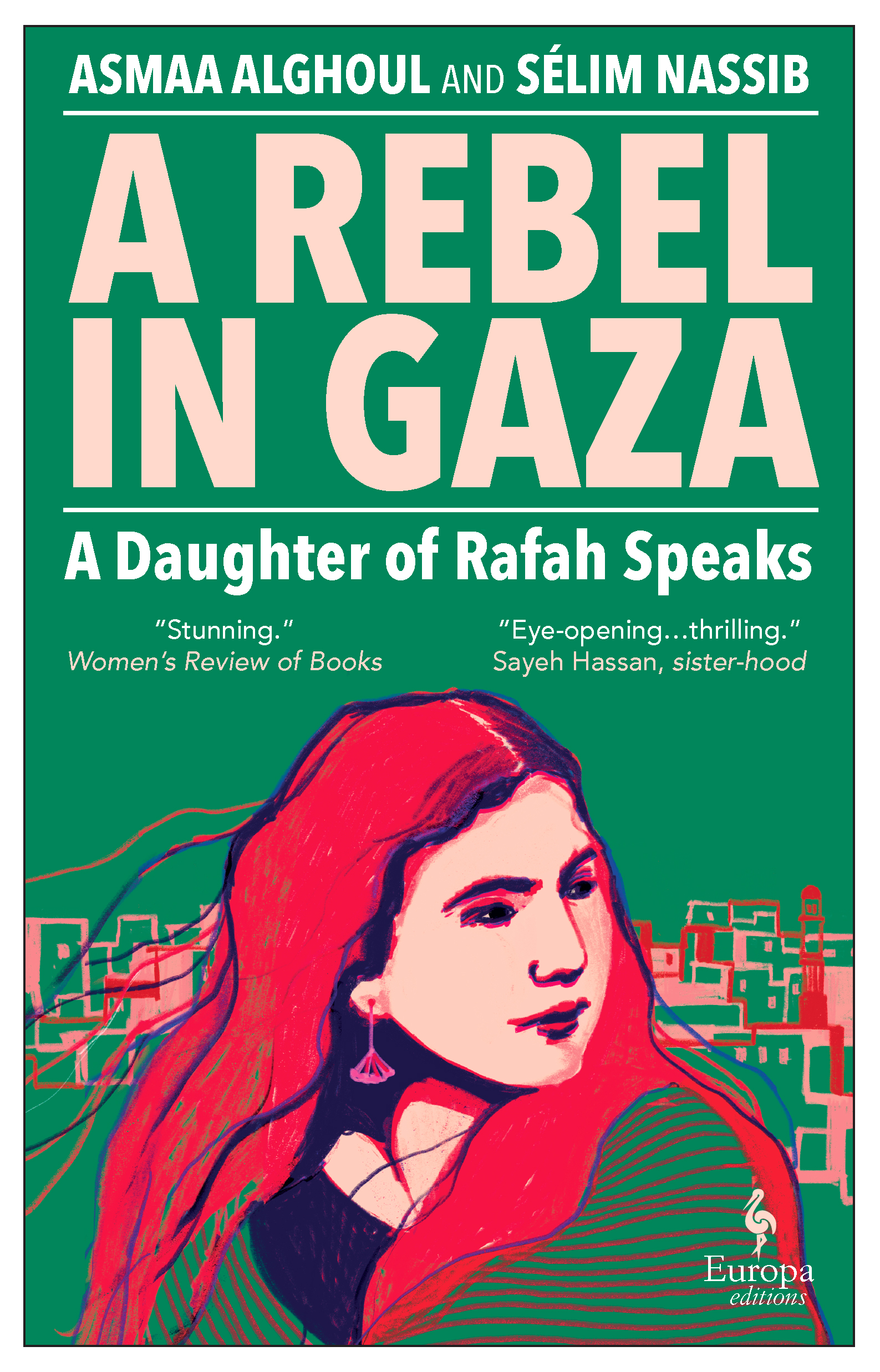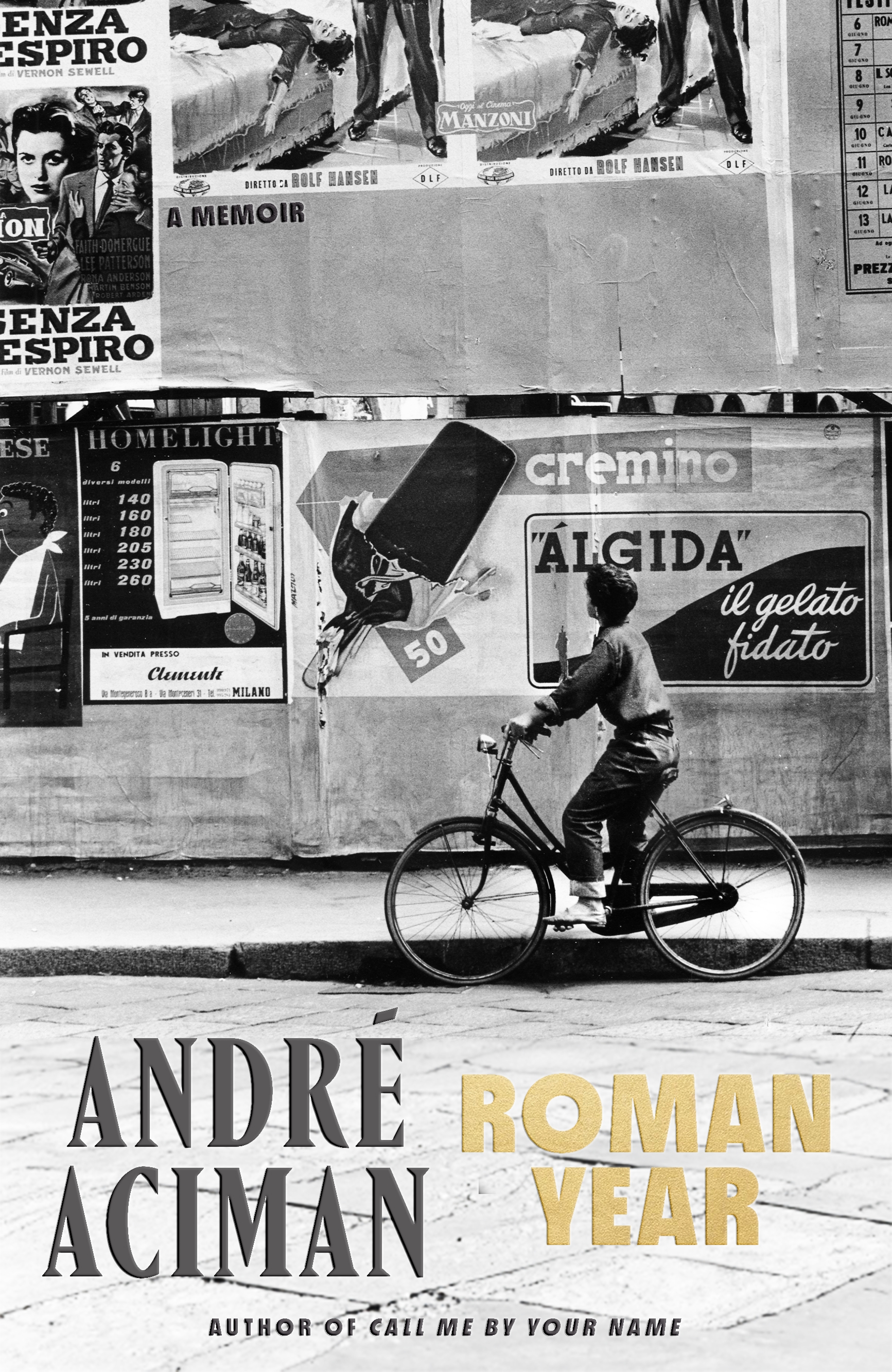
Displaced
Russian journalist Panyushkin collects firsthand accounts of ordinary Ukrainians resisting amid extraordinary circumstances. Pediatric surgeons complete a bone marrow transplant as bombs fall on Kyiv; a curtain salesman in Odesa makes a house call as Russian artillery strafes the seaside city. People continue with their everyday routines as long as they can, Panyushkin writes, “the same way a drowning person tries to inhale underwater.”

From Savagery
Young Venezuelans forced to flee crises in their home country and hustle for survival in Spain populate Banca’s debut fiction collection. A food-delivery worker pedals through debilitating menstrual cramps and is denied bathroom access by restaurant owners, an undocumented sex worker wonders if she can register as a freelancer, and a shop girl is haunted by a horrific crime she witnesses while partying with wealthy tourists. Fleeting solace comes when characters cross paths with their countrymen, all subject to the same daily grind.

Hotline
Set in 1980s Montreal, Nasrallah’s novel follows a single mother who has fled the war in Lebanon with her young son. Unable to resume her career as a French teacher—her accent is an obstacle in Quebec— she gets a job selling diet plans over the phone. As she checks in on the clients she’s enrolled, they confide in her about their marital frustrations, dying parents, and other hardships, leading the intensely lonely Muna to realize she’s not alone.

A Rebel in Gaza
Alghoul, a Palestinian journalist, was forced into exile after publicly denouncing Hamas prior to the Arab Spring. In her updated memoir, first published in 2016 by DoppelHouse, she rails against orthodoxies among all sides: she recounts being beaten by Hamas policewomen for not being a “good Muslim” and protests subjugation by both Israeli and Palestinian authorities. Instead of yearning for a return to her family’s ancestral land in what today is Israel, she declares her attachment to the place of her birth, Rafah Camp in Gaza.
Roman Year
Call Me by Your Name author Aciman recounts his family’s exile in Rome after fleeing antisemitism in 1960s Egypt. The three-year Italian interlude—his family would move to New York in 1968—immediately follows the period covered in Aciman’s first memoir, Out of Egypt, about his family’s years in Alexandria. A bookish teen, Aciman came to appreciate “the weight of legend and history” that surrounded him in his Roman neighborhood, he writes, where even the street names, drawn from Virgil’s Aeneid, stirred his imagination.
more

Songs for the Brokenhearted
Tsabari shines a spotlight on Israel’s discrimination against Yemeni Jews in her debut novel. Zohara left Israel in 1990 in her late 20s for the anonymity of New York City. She returns upon her mother’s death five years later to find tensions between Jews of European and Arab descent at a boiling point in the wake of the Oslo Peace Accords. While cleaning out her mother’s house, she discovers tape recordings of her mother singing during her days in a 1950 refugee camp for newly arrived migrants from Yemen along with a picture of an unknown man, leading Zohara to reconsider her heritage and unravel decades-old secrets.



 Volume 271
Issue 29
07/29/2024
Volume 271
Issue 29
07/29/2024






